When John Steinbeck spoke about his novel “The Grapes of Wrath”, he is quoted as saying;
“Throughout, I’ve tried to make the reader participate in the actuality, what he takes from it will be scaled on his own depth and shallowness. There are five layers in this book, a reader will find as many as he can, and he won’t find more than he has in himself.”
Many of the “layers” address in this 1939 American realist novel can be compared to what the globe—not just the United States—is facing in the fallout, or “recovery” from the COVID-19 pandemic.
Some say the COVID-19 pandemic has caused the largest global recession in history, with 195-million full-time jobs lost. A survey from the Angus Reid Institute found that 44% of Canadian households have experienced some type of job loss.
Set during the Great Depression, “The Grapes of Wrath” examines one family driven from their home, their livelihood in search of a better tomorrow, seeking jobs, land, dignity, and a future elsewhere.
While the media continues to espouse the prediction of housing crashes, the middle class has been supposedly stripped of their purchasing power. The realities of how much Canadians will face in tax in future years is yet to be determined, never mind what may need to be paid back amidst hording, supply shortages, price gouging, and fear of a “second wave”. The social distancing and forced isolation has meant everyday working people have had to flee the known of “downtown” towers, the office, the shop, retail and service centres to the relative safety of their home office, formally known as the kitchen, basement, family room, and bedroom.
Not unlike the 1930’s migration away from traditional farming into urban centres, COVID-19 has transplanted many into new surroundings, and like the Joad family, some never to return.
Given the pre-pandemic debt levels and number of Canadians who are a paycheque or two from insolvency, without the immediate government assistance of financial stimulus tools, there could have been widespread bank loan/mortgage defaults. But, let’s not forget, the banks will gain from the extension of loan terms granted without the stoppage of interest accrual. Similarly, the Joad’s family farm was repossessed when they defaulted on the bank loan.
The collapse of the oil pricing is reminiscent of the Steinbeck’s portrayal of the collapse of crop pricing, while his description of the Weedpatch Camp and the Resettlement Administration is not unlike the multitude of government programming (CERB, CEWS, Small Business Wage Subsidy, Extended Work-sharing Program, LEEFF, BCAP, CECRA, RRRF, FCC, CCB, etc.) set to help, but are there enough resources to assist all and every need? And, let’s not forget there is a timeline of when these must end and we must once again fend for ourselves.
In addition to the financial hardship felt by all, it is not much of a stretch to compare the great “depression” to the mental state felt by the impact of COVID-19. In fact, Canadians are grappling with an unprecedented level of stress; family—financial—loneliness—fear—health—control.
This is no surprise to Employee Assistance and Wellness provider, Morneau Shepell, who has developed a Mental Health Index, gaging the dynamics of mental health and the underpinnings that are affecting people right now. There is a dramatic negative change in the mental health of Canadians since the pandemic and subsequent isolation and social-distancing began. Accordingly, it is suggested in “normal” times employers see approximately 30-40% of staff with mental health related issues, but due to COVID-19, this is trending at 81%.
The top areas of emotional, mental health related change since the outbreak include:
- Anxiety
- Depression
- Work productivity
Driving these numbers are:
- Financial impact of the pandemic
- Concern/fear of loved one dying
- Getting ill
- Impact on family and relationships
Like the “Grapes of Wrath” when Joad family finds the road crowded with other migrants, we are not alone in our pandemic struggles which span every aspect and nuance of our daily lives. As Rod Ezekiel said “we all need more help right now and a solid EAP is a great start.”
And, because Steinbeck is not known for his happy endings, I will conclude with thoughts of another great author, Viktor Frankl who said in his work “Man’s Search for Meaning”: “Everything can be taken from a man but one thing: the last of the human freedoms — to choose one’s attitude in any given set of circumstances, to choose one’s own way.”
Disclaimer: Please note that the information provided, while authoritative, is not guaranteed for accuracy and legality. The site is read by a world-wide audience and employment, taxation, legal vary accordingly. Please seek legal, accounting and human resources counsel from qualified professionals to make certain your legal/accounting/compliance interpretation and decisions are correct for your location. This information is for guidance, ideas, and assistance.





